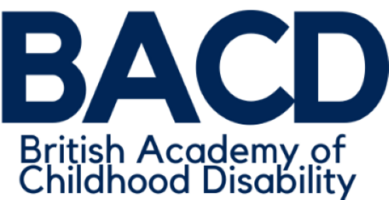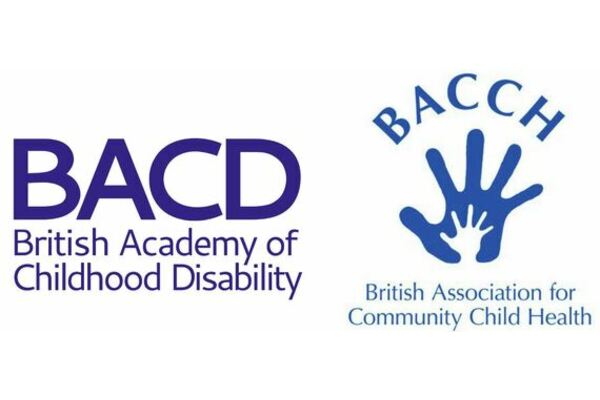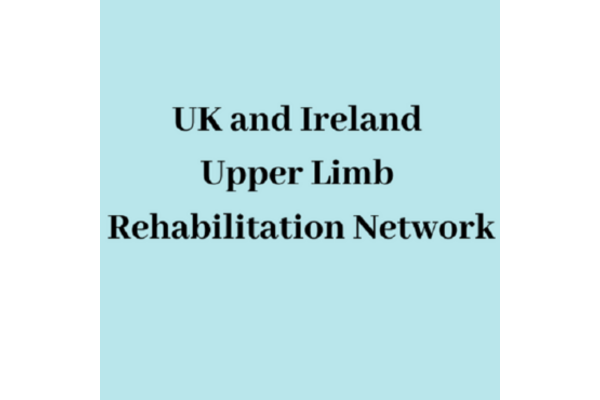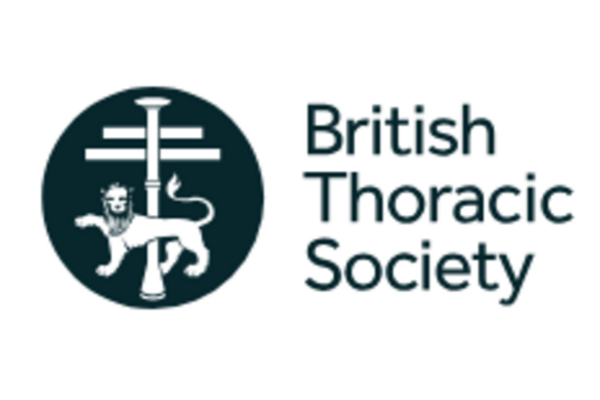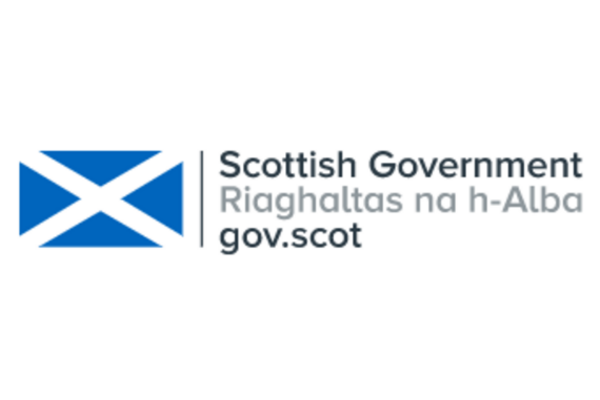These guidelines have been prepared for commissioners and providers of services for children
with disabilities.
There is a wide diversity of provision for these children, ranging from
comprehensive family centred services encompassing all disabling conditions throughout
childhood and adolescence, to clinics that cater only for under-fives with severe disorders like
cerebral palsy, and then only in a fragmentary fashion.
The aims of the service specification set out here are, first, to establish a minimum standard
and second, to describe the range of expertise that disabled children may need. Quality
depends on the input of, and collaboration with, many other disciplines and agencies in
addition to paediatric medicine. The role of parent organisations and parents support has grown
rapidly in recent years and is a vital part of any disability service. Indeed, the strictly
“medical” component of the care these children require is but a small part of their overall
needs.
The document focuses on district or secondary level services rather than specialised tertiary
neurological or neurodisability provision, but the boundary between the two is constantly
shifting and can never be defined precisely. The providers’ responsibility is to ensure that
children can access the expert help they need, whether within or outside their own district. The
British Paediatric Neurology Association participated in developing this document and support
our recommendations which are in line with those of their recent report, A Guide for
Purchasers of Tertiary Services for Children with Neurological Problems (BPNA 1998).
Most disabling conditions affect the nervous system. The need for accurate diagnostic
evaluations and for close links between acute and chronic neurology services, will be obvious.
In particular, the care of children with epilepsy must be considered in the commissioning
process. Epilepsy may be an isolated problem but often it co-exists with other disabilities and
may itself cause major functional and educational problems. Districts differ in how they
provide for children with epilepsy but there is a strong case for developing close links between
epilepsy care and other services for disabled children.
There are other fast-moving subjects in neuroscience, like autism, neuro-pharmacology and
neuro-psychiatry, in which rapid progress will offer new opportunities for treatment; staff at
district level will need to keep up to date with all of these.
Although this document is primarily about service provision, the training implications must be
remembered. Specialist registrars need to learn about disability in a centre that performs at
least to the minimum standard set out here. Services that do not meet these standards should
invest in staff development before undertaking to teach trainees in paediatrics or in other
disciplines.
